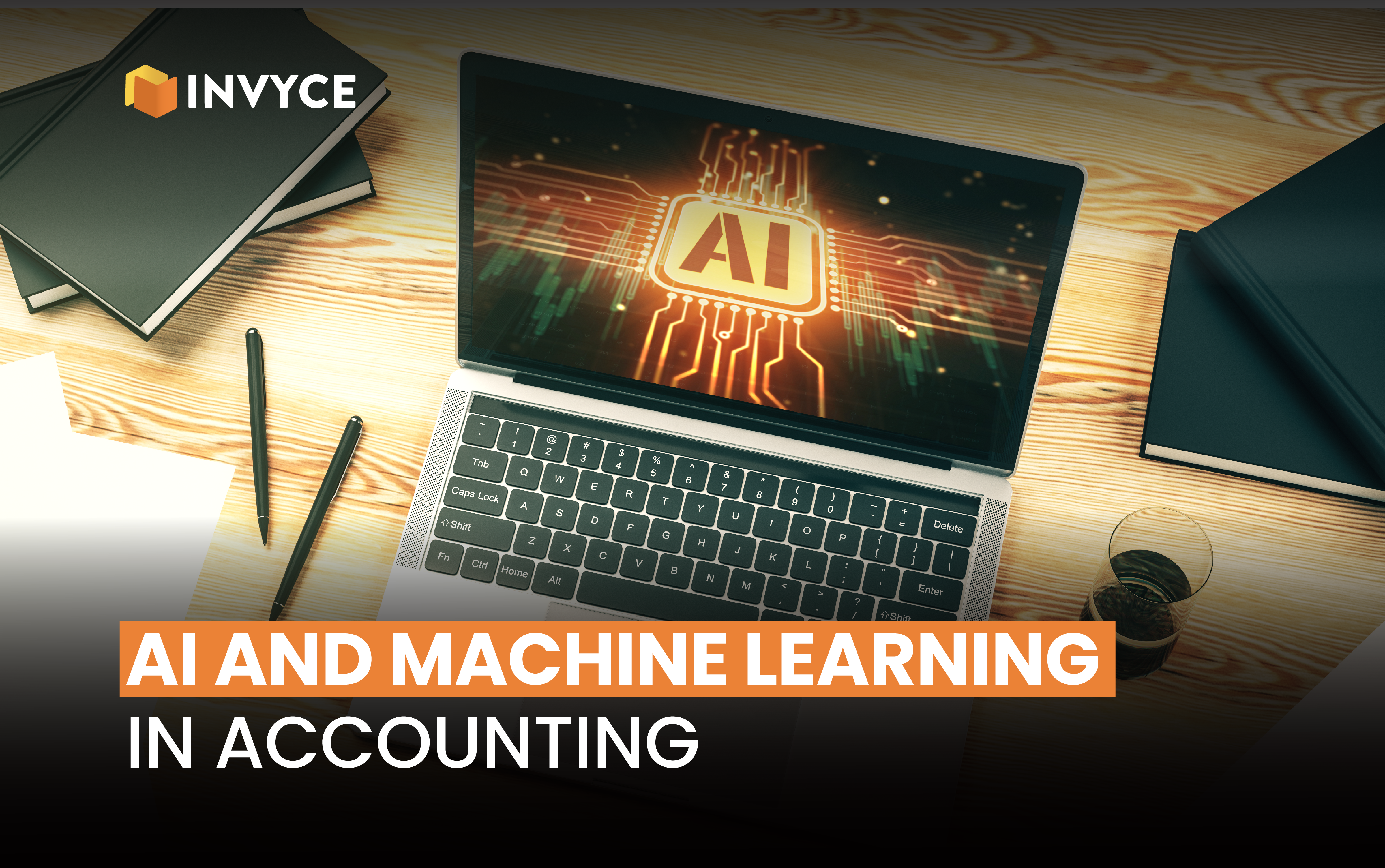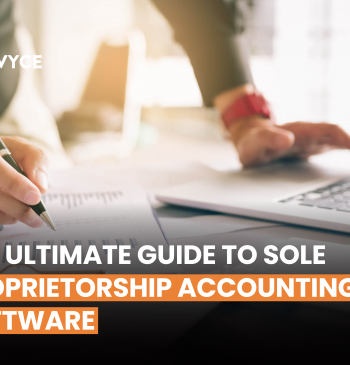23 May

Today’s fast-changing world is transforming many aspects of our lives, including accounting. By automating repetitive tasks, reducing errors, and providing useful insights, automated and advanced algorithms are helping accountants. In this article, we will discuss how these AI and machine learning technologies make accounting more efficient and effective.
Making Work Easier with Automation
The automation of accounting is transforming the profession. The process of entering data, checking figures, and creating reports can be time-consuming and boring. In addition to handling these tasks quickly and accurately, automation tools allow accountants to focus on more important tasks.
For example, Managing invoicing is one operation that automation can help to streamline. Automation technologies can scan bills, extract information, and update records without the need for human intervention, saving manual data entry. In addition to saving time, this lowers the possibility of errors.
Reducing Errors and Improving Accuracy
In accounting, accuracy is essential since even minor mistakes can have significant consequences. Substantial volumes of data can be precisely analyzed by sophisticated computers, which can identify patterns and abnormalities that people might overlook. This is particularly helpful in identifying financial statement problems or fraudulent activity.
Advanced models, for example, can identify anomalous transactions. The system can notify accountants to investigate unusual activity. By doing this, errors are less likely to occur, and trustworthy and accurate financial data is guaranteed.
Getting Useful Knowledge from Data
Accountants can also examine data more efficiently with the use of automation and advanced algorithms. These technologies can offer insightful analysis of historical financial data and market patterns, which can aid accountants in making more informed decisions.
Predictive analytics is one powerful application that can project future financial results based on historical data. These tools, for instance, can forecast cash flow trends, which aids in better financial planning for businesses. This implies that accountants are better qualified to provide financial planning,
Maintaining Compliance with Laws
A crucial aspect of accounting is adhering to financial regulations. It might be difficult to stay on top of changing regulations, but automation can assist. Automated systems can keep track of regulatory changes and guarantee that accounting procedures adhere to the most recent guidelines.
Additionally, these systems may automatically generate compliance reports, which lessens the accountants’ labor.
Enhancing Audit Quality
Automation and complex algorithms are also having a significant impact on auditing. A lot of manual checking, which can be laborious and error-prone, is a part of traditional audits. Large volumes of financial data may be reviewed rapidly and precisely by automated auditing technologies, which can also identify any problems or anomalies.
Advanced models are also capable of identifying patterns linked to anomalies or fraud. The automation of these procedures frees up auditors to investigate concerns that have been detected, resulting in more complete and efficient audits.
Real-Time Financial Monitoring
Having current financial data is essential in business. The performance and transactions in finance may be continuously monitored thanks to automation and sophisticated algorithms. Businesses can react swiftly to developments and make wise decisions with the aid of this real-time information.
For instance, accountants and company executives can view up-to-date financial figures on dashboards driven by technology, which can flag potential issues and crucial performance indicators. The ability to obtain vital information quickly enhances financial management and decision-making.
Enhancing Customer Connections
Accountants’ responsibilities are evolving. They are now offering advice on strategy rather than just looking at numbers. Advanced algorithms and automation relieve repetitive work and offer deeper insights, freeing up accountants to concentrate on building client connections.
Accounting professionals can provide customized advice by using these technologies to better understand the interests and behavior of their clients. Accountants can offer more specialized and useful advice on a variety of financial planning, investment, and tax-related topics, which increases client satisfaction and loyalty.
Looking Ahead
Accounting is evolving due to a major movement that goes beyond a fad. The use of automation and sophisticated algorithms. These technologies enable accountants to bring greater value to their customers and companies’ operations by automating repetitive procedures, decreasing errors, offering insightful data, and guaranteeing compliance. Even more creative and effective accounting techniques will be possible as these tools develop further.
Conclusion
In accounting, adopting automation and sophisticated algorithms ushers in a new era of accuracy, efficiency, and strategic insight. Those accountants who use these technologies will be more capable of managing the intricacies of contemporary finance and offering outstanding value. The potential of these cutting-edge tools appears to be driving a bright future for accounting.
Copyright © 2024 – Powered by uConnect


